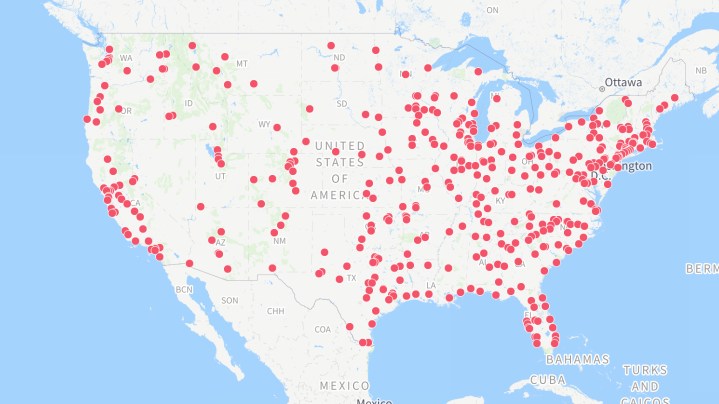
After testing a local news section called Today In, Facebook is bringing the tool to more than 400 cities and is initiating international testing. On Wednesday, November 28, Facebook announced the expansion of Today In, as well as tests for local alerts from government agencies.
Today In aggregates local news, a feature Facebook began working on after more than half of those surveyed said they would like to see more local news on the social media network. The section houses more than just news articles for the area — the page also includes upcoming events, school announcements, and conversations happening in location-based Groups.
The newly expanded feature is available from the
Aggregated news often comes with pitfalls, such as when algorithms inadvertently promote fake news. Facebook says the Today In is built from the same algorithms that the network now uses to prioritize local news over other news in the News Feed. Pages and Groups were selected by looking at where the fans are geographically located,
Along with launching the section in more than 400 cities, Facebook also began testing a tool called Local Alerts. The option is available only for first responders and government Pages and the test involves notifying users in the affected areas. Local alerts will be designated as such in the news feed, but won’t be ranked any higher than typical posts,
Local Alerts are designed to send users information about road closings, blackouts, and natural disasters. Facebook says the tool is not designed to replace emergency alert systems. First responders and government organizations are limited to posting 35 alerts within a 30-day period, and posts are marked as a local alert for up to six hours.
Along with testing the Local Alerts, Facebook has also started testing the Today In tool internationally with a test in Australia. The Today In tool is currently in more than 400 cities, and users that live in one of those regions can access the feature from the app menu (the icon with three lines) and can also opt in to see the updates in the News Feed. To see if Today In is available in your area, visit Facebook’s interactive map.




